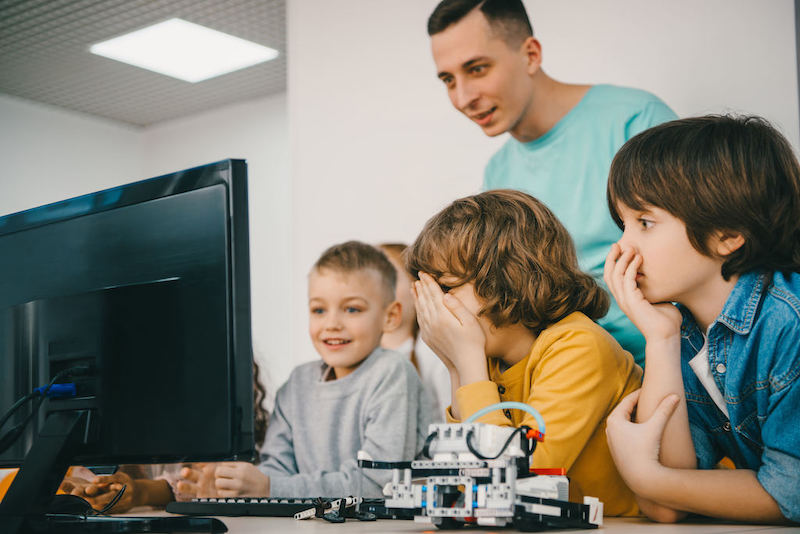Teacher-student relationships play a central role in the educational experience of middle and high school students. If you think back to your middle and high school days, it’s unlikely that you will be able to recall specific questions from a test or even your final grade in a class, but you will always remember the personal connections you made with a favorite teacher.
From BRAVE UP! student surveys, we know how students view their relationships with teachers. Such positive relationships can lead to better educational outcomes for adolescent students. But how can we improve teacher-student relationships in the classroom?
Social psychological studies find that when people believe they share something in common with others, their relationships improve. If you favor a particular sports team, musical genre, or set of beliefs, it’s likely that you will have more positive relationships with others that share these same preferences.
Harvard’s Graduate School of Education has conducted research to better understand how “social connectedness” could be applied to a secondary school environment.
Findings:
- Teachers and students who learned what they had something in common with the other party perceived themselves as being more alike.
- When teachers learned that they shared commonalities with their students, they rated their relationships more positively. In contrast, the intervention did not significantly affect how students perceived their relationships with their teachers.
- Finally, when teachers received similarity reports about what they had in common with a randomly selected group of students, those students earned higher grades in the class.
Conclusion:
This study highlights how important teacher-student relationships can be and provides an important illustration of how similarities might be leveraged to improve these relationships in secondary schools. Therefore, we encourage teachers to be open with students, share what they like, and their hobbies, and talk about things they are passionate about.







